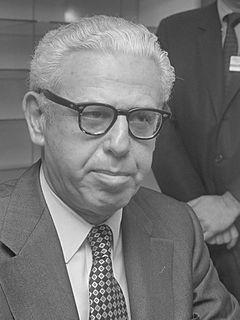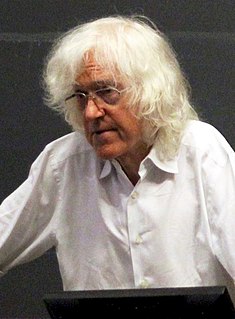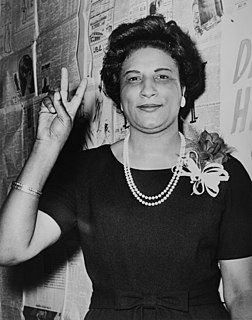A Quote by Lionel Shriver
Clearly, freedom does not extend to the right to harm other people.
Related Quotes
And finally remember that nothing harms him who is really a citizen, which does not harm the state; nor yet does anything harm the state which does not harm law [order]; and of these things which are called misfortunes not one harms law. What then does not harm law does not harm either state or citizen.
I was never presented with the details as far as the collective bargaining system is Greece. I am in favor of a normal system without giving the labour minister the right to extend the results to extend the result of the collective bargaining to the whole of the real economy. The government has to make sure that the results will not harm the situation of small and medium enterprises.
It is not enough to ask, 'Will my act harm other people?' Even if the answer is No, my act may still be wrong, because of its effects on other people. I should ask, 'Will my act be one of a set of acts that will together harm other people?' The answer may be Yes. And the harm to others may be great. If this is so, I may be acting very wrongly, like the Harmless Torturers.
The history of intellectual growth and discovery clearly demonstrates the need for unfettered freedom, the right to think the unthinkable, discuss the unmentionable, and challenge the unchallengeable. To curtail free expression strikes twice at intellectual freedom, for whoever deprives another of the right to state unpopular views necessarily also deprives others of the right to listen to those views.

































